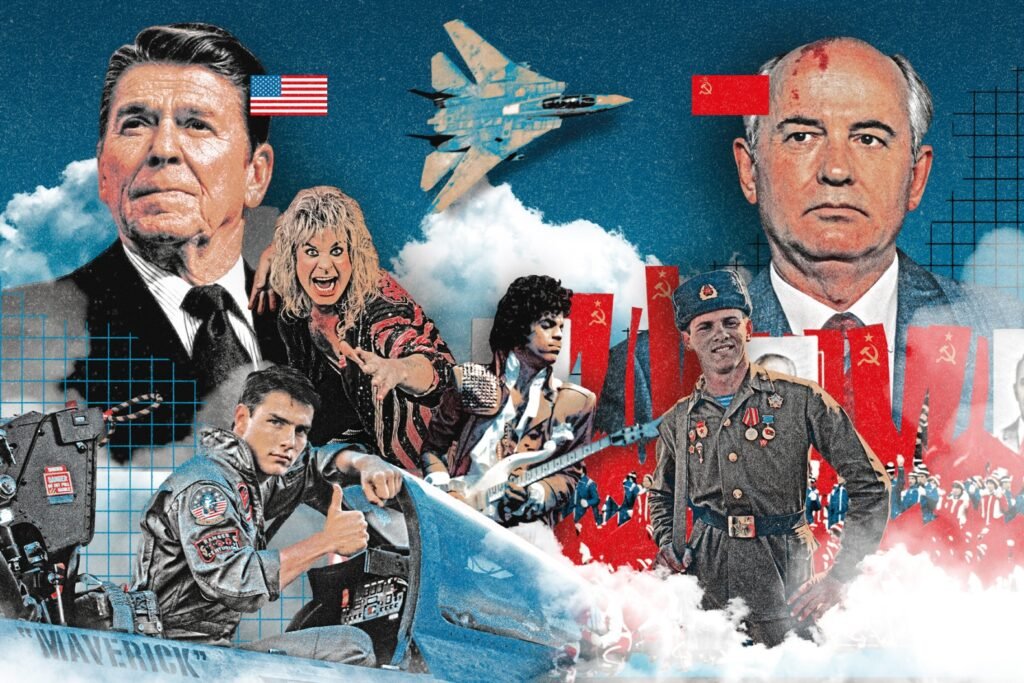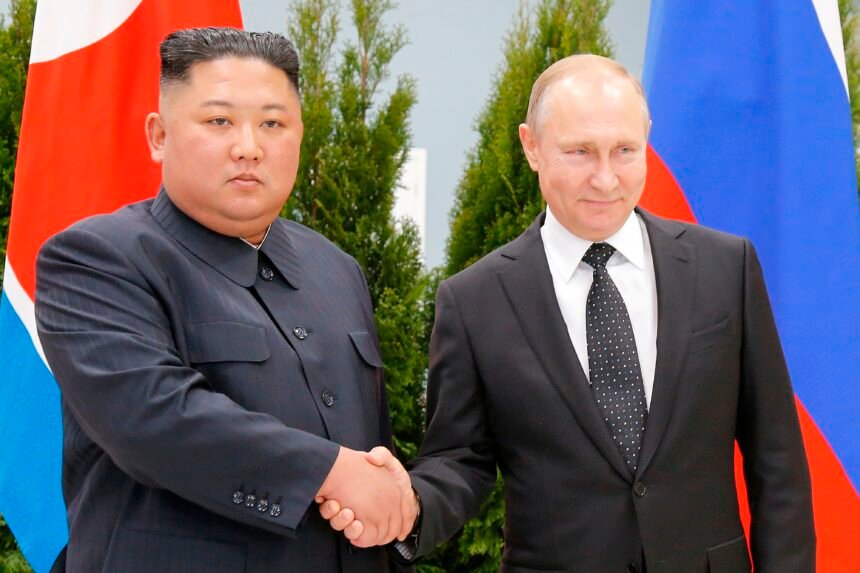Kim Jong would embark on a rare trip abroad, taking an armored train from Pyongyang to Vladivostok on Russia’s Pacific coast, where he would meet Putin.
As Russia claims to be seeking greater military connections with North Korea, Kim Jong Un planned to visit Russia this month to meet with President Vladimir Putin and talk about the potential for Moscow to provide Moscow with weapons for the conflict in Ukraine.
Where Kim Jong Un Will Meet
The New York Times reported on Monday, citing US and allies, that Kim Jong will make a rare trip abroad and travel from Pyongyang to Vladivostok, on the Pacific Coast of Russia, where he would meet Putin.
The two leaders Kim Jong and Vladimir Putin would talk about Kim sending Russia artillery shells and antitank missiles in return for Moscow’s cutting-edge technology for satellites and nuclear-powered submarines while in Vladivostok, a port city close to North Korea, according to the newspaper.
The announcement of Kim Jong visit came after Russia announced it was considering staging joint military drills with North Korea, which occurred at a time when the US has expressed alarm about the two nations’ developing military connections.
“Why not, these people live next door. According to an old Russian proverb, it is preferable to coexist peacefully with your neighbors, as Sergei Shoigu, Russia’s defense minister, was reported as saying on Monday by the Interfax news agency.
He said that joint drills between the two nations were “of course” being discussed when questioned about the potential. When Shoigu visited Pyongyang in July, the South Korean news agency Yonhap cited South Korea’s intelligence agency as claiming that Shoigu suggested to Kim that both nations perform a naval practice alongside China.
Cold war allies

The Kremlin announced last week that Moscow intended to strengthen its “mutually respectful relations” with Pyongyang, one of its staunch Cold War allies and one of only a select few nations to support Russia’s proclamation to annexe parts of Ukraine in 2022.The New York Times stated that it was uncertain whether Kim would travel to Moscow. Kim’s father, the reclusive Kim Jong Il, who was known for only traveling by armored train and avoiding airplanes, made his last trip to Russia just months before he passed away in 2011.
South Korea’s National Intelligence Service claimed that Shoigu appeared to have held a secret meeting with Kim during his visit to North Korea in July, which coincided with the 70th anniversary of the end of the Korean War, which is observed in North Korea as “Victory Day,” according to Yonhap. The United States expressed worry last week over the active progress of armament talks between Russia and North Korea as well as Shoigu’s efforts to persuade Pyongyang to sell artillery ammo to Russia.
Alexander Matsegora, the Russian ambassador to North Korea, said on Saturday that although he was not aware of any plans for North Korea to take part in trilateral military exercises with China and Russia, he believed that such an action would be “appropriate” in light of U.S.-led exercises in the area.
Although North Korea has denied having any “arms dealings” with Russia, Russia and North Korea have recently urged for greater military ties. The US recently imposed penalties on three organizations it claimed were involved in military transfers between Russia and North Korea. North Korea has tested various missiles and nuclear weapons six times since 2006, but it rarely engages in military drills with its neighbors.
Regular military drills are conducted by the United States and its partner, South Korea, which North Korea accuses of being a prelude to war.
Know About Cold War
The Western Bloc and the Eastern Bloc, as well as the United States and the Soviet Union’s respective allies, were at odds throughout the Cold War. The term “cold war” is used because the two superpowers did not engage in extensive direct combat, but instead supported opposing parties in significant regional battles known as “proxy wars.” Following their positions as the Allies of World War II that resulted in victory against Nazi Germany and Imperial Japan in 1945, these two superpowers engaged in an ideological and geopolitical contest for global hegemony that formed the basis of the conflict. In addition to the nuclear arms race and the traditional military buildup, the struggle for supremacy was also manifested through covert tactics including espionage, psychological warfare, propaganda operations, and technological competitions like the Space Race.
Also Read: Cold War




































